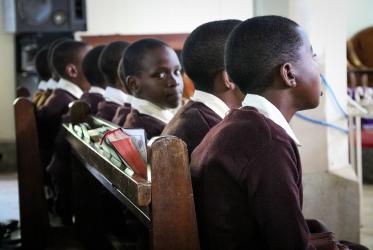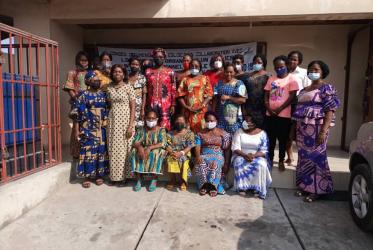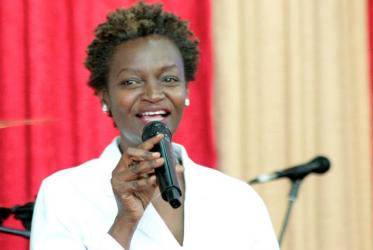Displaying 61 - 80 of 89
ZacTax Toolkit
24 November 2021
African church leaders train in leadership, diakonia and development
12 November 2021
Churches offer some relief in Kenya’s drought disaster
16 September 2021
Walk the Talk
A Toolkit to Accompany the "Roadmap for Congregations, Communities and Churches for an Economy of Life and Ecological Justice"
31 August 2021
















